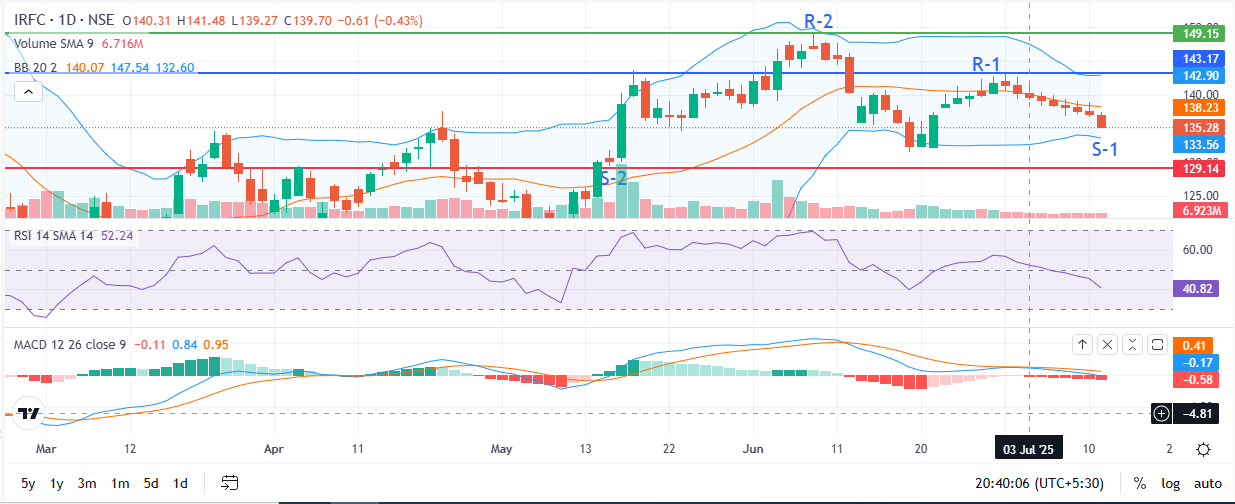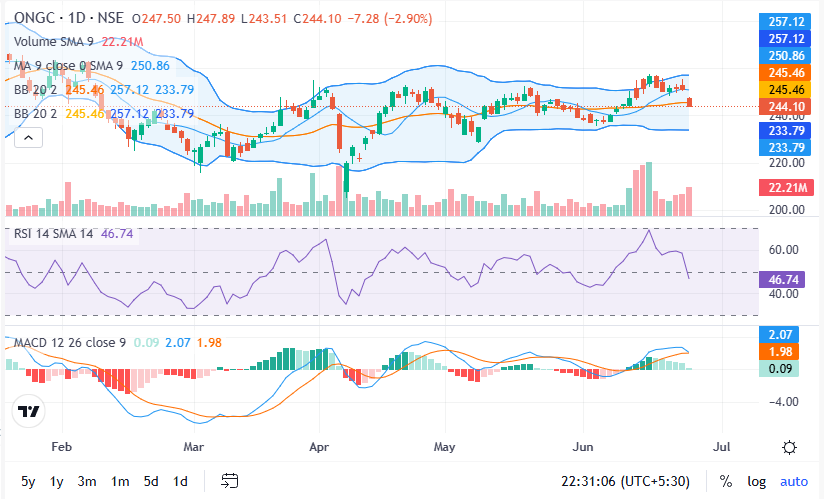One of the most fascinating new developments in the Indian investment scene is initial public offerings, or IPOs. As more and more startups and well-established businesses decide to go public, initial public offerings (IPOs) give institutional and individual investors the opportunity to participate in a company’s development from the very beginning.
However, how can a quality listing be distinguished from market noise? Knowing how to spot the next big initial public offering (IPO) opportunity is an essential skill for serious equity investors and finance lovers.
Let’s look at how to invest in initial public offerings (IPOs) in India and the important signs that show you which public issues are worth your time.
📌 An IPO: What Is It?
An IPO occurs when a privately owned firm lists on stock exchanges such as the NSE and BSE to offer its equity shares to the public for the first time. IPOs are typically used by businesses to raise capital for operational expansion, debt repayment, or increased market awareness.
IPOs give investors the opportunity to invest in a business before it is widely traded on the secondary market. Even though initial public offerings (IPOs) generate a lot of attention, not all listings result in significant profits.
💡 The Reasons IPOs
Appeal to Early Entry Investors: You make an investment before institutional funds start to pour in.
Possible Listing Gains: Oversubscribed initial public offerings (IPOs) with solid fundamentals frequently make a premium debut.
Long-Term Growth: IPOs in rapidly expanding industries like as healthcare, e-commerce, fintech, and renewable energy have the potential to grow into multi-baggers in the future.
Diversification: When new companies enter the stock market through initial public offerings (IPOs), you have more possibilities for diversifying your investment portfolio.
🔍 How to Spot a Potential Upcoming Initial Public Offering
1. Recognize the business model
Consider this:
Is the business providing anything special or resolving a genuine issue?
Does it possess a technological, distribution, or branding advantage over its competitors?
Seek out initial public offerings (IPOs) in industries with strong demand and steady development prospects, such as:
Sustainable Energy
Mobility & EV
Fintech
Healthcare & Pharma
Manufacturing and Defense
2. Examine the financials
Pay close attention to the company’s Red Herring Prospectus (RHP). Pay attention to:
Growth in revenue and profits for the previous three to five years
Levels of debt
RoE or return on equity
Stability of cash flow
In general, businesses with sustainable margins and improving financial metrics make better investment possibilities.
3. Quality of Management & Promoter Background
Examine the top management and promoters past performance. A green flag symbolizes a capable leadership team that has successfully navigated challenging markets.
Additionally, think about whether the promoters are diluting their ownership too much. Post-IPO, a strong promoter, shows faith in the company.
4. The Importance of Valuation
It is essential. If an IPO is overvalued, even well-established companies may perform poorly. Compare listed peers in the same industry using valuation indicators like the P/E and P/B ratios.
An IPO in the insurance industry, for instance, may be overpriced unless it is supported by extraordinary growth if it is asking for 60x P/E while listed peers trade at 30x.
5. Utilizing IPO Funds
Is the business collecting money to:
Increase operations?
Invest in R&D or innovate?
Cut down on debt?
Steer clear of initial public offerings (IPOs) when the primary purpose of the money is to give private equity investors an exit, unless the underlying business is sound and still has potential for expansion.
Current Indian Finance IPO Trends
Digital startups, financial services, and specialty manufacturing have been the main drivers of India’s robust IPO pipeline in recent years.
A few current trends:
Tech initial public offerings (IPOs) are growing in frequency, but valuation scrutiny is intensifying due to some unicorns’ inconsistent performance.
Although government-backed initial public offerings (LICs) garner a lot of attention, they frequently necessitate a thorough examination of market sentiment.
Due to the rapid growth in retail involvement, allocations are becoming more competitive and market responses are becoming more unexpected.
A wise strategy to keep abreast of impending IPOs and their prospects is to follow finance news sites and pre-IPO analysis papers.
Advice for Individual Investors
Avoid Chasing Hype: Long-term success is not guaranteed by a highly publicized initial public offering.
Steer clear of FOMO: Don’t invest because other people are. Examine the basics.
Apply for an IPO safely by using ASBA (Application Supported by Blocked Amount), which prevents money transfers unless authorized.
Monitor Subscription Numbers: High participation from HNIs and QIBs (Qualified Institutional Buyers) frequently indicates confidence.
✅ Resources for Monitoring Upcoming IPOs: Official announcements and prospectuses on the SEBI website
Listing schedules and company information for the NSE and BSE
Financial Portals: IPO Central, Moneycontrol, and Chittorgarh
Brokerage Reports: Comprehensive evaluations from companies such as ICICI Direct, Angel One, and Zerodha
Is It Better to Flip or Hold?
The decision of whether to hold or sell on listing arises after you are given equity shares in an initial public offering (IPO).
Sell on Listing: It may make sense to book profits if the initial public offering (IPO) is substantially overpriced but opens at a high premium.
Hold Long-Term: Investing in a firm that has strong fundamentals, a business plan that is ready for the future, and a high-growth industry could yield exponential profits.
🧾 In conclusion
investing in initial public offerings (IPOs) can be both profitable and risky. Disciplined analysis, not conjecture, is the key. Make sure you comprehend the business strategy, financial standing, and long-term prospects of any IPO before applying.
Remain rooted in the principles of finance and resist being influenced by fleeting market fervor. Keep in mind that not every initial public offering (IPO) will become the next multibagger, but you can spot a future star in the Indian equities share market with the correct study.
Disclaimer:
This article is for informational and educational purposes only and does not constitute financial advice. Investing in the stock market involves risks, and readers should do their own research or consult a qualified financial advisor before making any investment decisions. The views expressed are those of the author and may not reflect the opinions of this blog or its affiliates.




